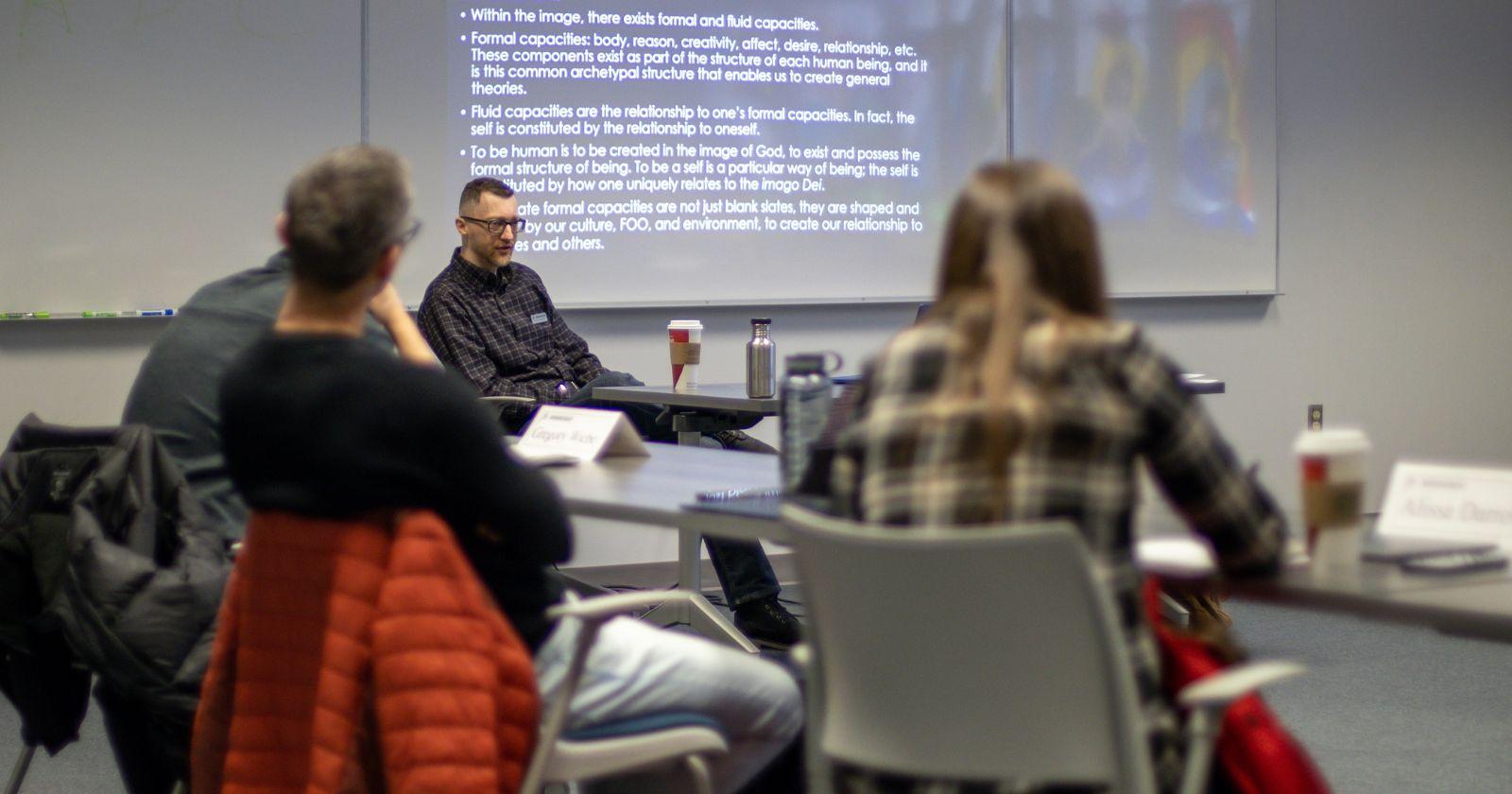Using the study area buttons below find detailed information about the courses being offered.
If you have questions about any of the courses please contact Academic Services.
Study Areas
- Academic Strategies
- Administration
- Anthropology
- Aramaic
- Biblical Studies
- Biology
- Business
- Chemistry
- Children's Ministry
- Christian Ministry
- Classics
- Communications
- Computer Science
- Dance
- Economics
- Education
- English
- English for Academic Purposes
- Environmental Science
- Family Studies
- Film Studies
- Fine Arts
- Geography
- German
- Global Studies
- Greek
- Hebrew
- History
- Humanities
- Indigenous Studies
- Interdisciplinary Studies
- Kinesiology
- Linguistics
- Mandarin
- Mathematics
- Music
- Pastoral Studies
- Philosophy
- Portfolio
- Psychology
- Religious Studies
- Sociology
- Statistics
- Thai
- Theatre
- Theology
- Women's Studies
- Worship Arts
- Youth Ministry
Mathematics
-
MATH 101 Introduction to Finite Mathematics
This course emphasizes problem solving and critical thinking as it introduces students to basic concepts in arithmetic, symbolic logic, number theory, set theory, elementary probability, and statistics.
-
MATH 110 Personal and Business Mathematics
This mathematics course reviews the fundamentals of algebra and financial applications. Concepts of linear systems are applied to time value equations including simple and compound interest. Geometric progressions are used to study simple and general annuities, equations of value, amortization, sinking funds, and bonds. Students are encouraged to see the relevance of mathematical concepts in their lives and in the business world and develop specific math skills that are useful in many areas of life.
-
MATH 123 Calculus I
This course reviews basic algebraic concepts, trigonometry and functions and introduces limits and differential and integral calculus, max-min problems, curve sketching, and related rate problems. This course includes a weekly 1.5 hour laboratory component.
Prerequisite: Students should have achieved a grade of 63 per cent or higher in Mathematics A30, B30 and C30; or Pre-Calculus 30, or equivalent.
-
MATH 124 Calculus II
This course builds on the foundation of differential calculus from Calculus I. Topics covered include integration of inverse trigonometric, exponential, hyperbolic and logarithmic functions, with applications; techniques of integration; applications to work, pressure, moments and centroids; polar co-ordinates, parametric equations of plane curves, and complex numbers. This course includes a weekly 1.5 hour laboratory component.
Prerequisite: MATH 123 Calculus I


